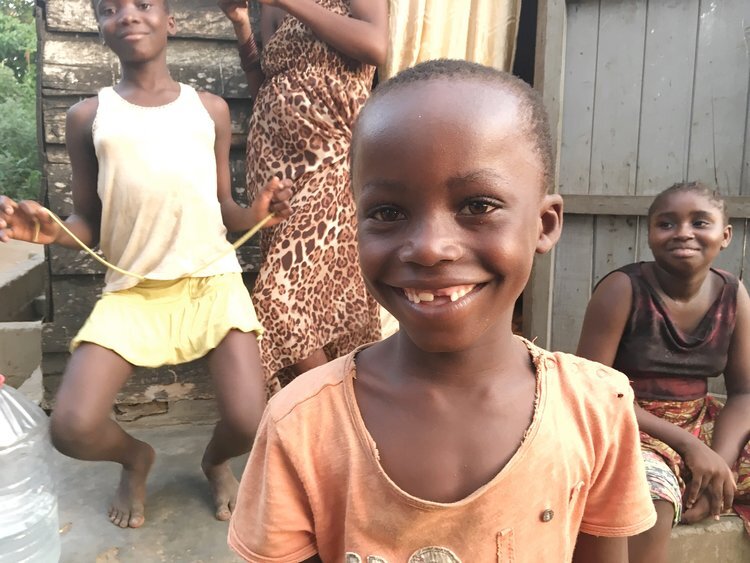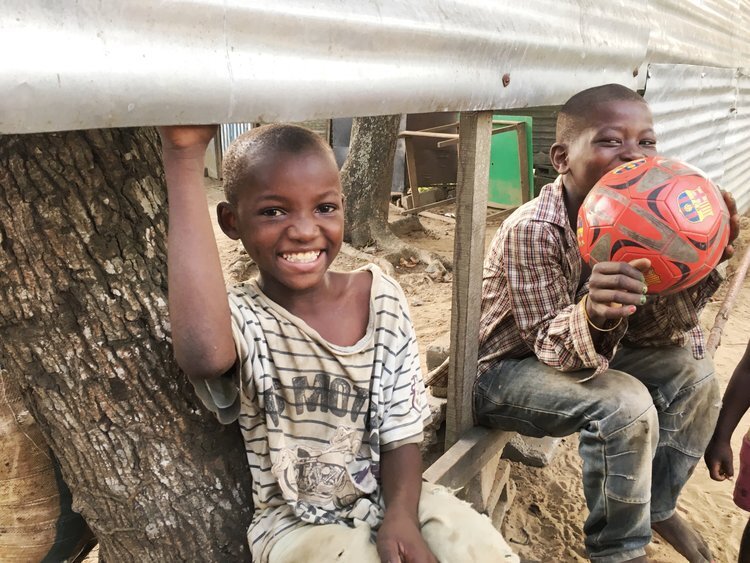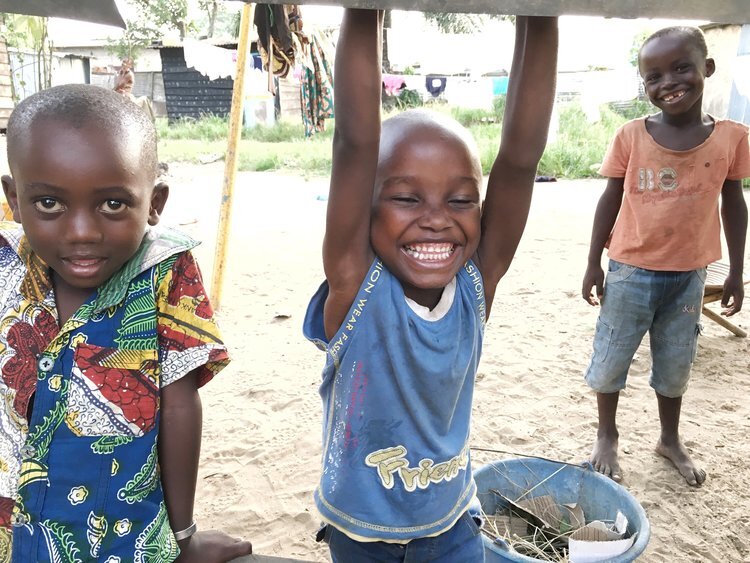No place like HOME
It still stands out in my mind as one of the most revelatory experiences I’ve had. Driving through a pot-holed dirt road, which would be impassable on any of the 200 days of rain in Congo, we arrived at a small hut. No electricity, no running water, and little French spoken indicated that most of the community members in that neighborhood would not have notable educational or professional achievements. We were driving to visit with Maman Henriette and discuss how we could support her in her determination to care for her five children, one of whom had been in Mwana’s care since she was just two months old.
It was at that moment that I realized how easily it happens. Trafficking. The promise of a few hundred dollars in exchange for the last child who is too difficult to feed; the near-irresistible draw that that child could be offered a better life; the lie that this child could be educated and return to her family. With these lies, vulnerable families are exploited daily in neighborhoods like Henriette’s. Children whose right and proper place is with their families instead end up elsewhere. Some may go to institutions who receive a steady stream of pocket-padding income; some may go to adoptive families who never received an accurate social history of their adopted child, and some may end up in situations far worse…
But it doesn’t have to be this way. Even the poorest of families are dignified when we believe in and act in ways that promote family preservation and reunification whenever possible.
It was, then, a full circle moment for me when—nearly two years later—I returned to Henriette’s home. The same broad smiles of her children and neighbors, now a few years older, were instantly recognizable. Celia had in the past few months been reunified with her siblings and mother, and I was eager to see how she was doing. Within the first ten seconds of seeing her, it was clear that she was HOME. Frankly, she wanted nothing to do with Mama Madie, one of the caregivers who had lovingly cared for her in the Mwana Refuge since she was a newborn. She far preferred the loving arms of her big sisters and wanted instead to play with the 15 other children (both siblings and neighbors) who were doing everything from dances to soccer to hair braiding.
Isn’t that exactly how it should be? A child who knows that her true place is with her family. For this family, it was a preservation of something sacred and beautiful…a preservation of the family and a preservation of their dignity. For in spite of the poverty that surrounded them, there was great joy, great sense of belonging, and great beauty.
—Wellon Bridgers




